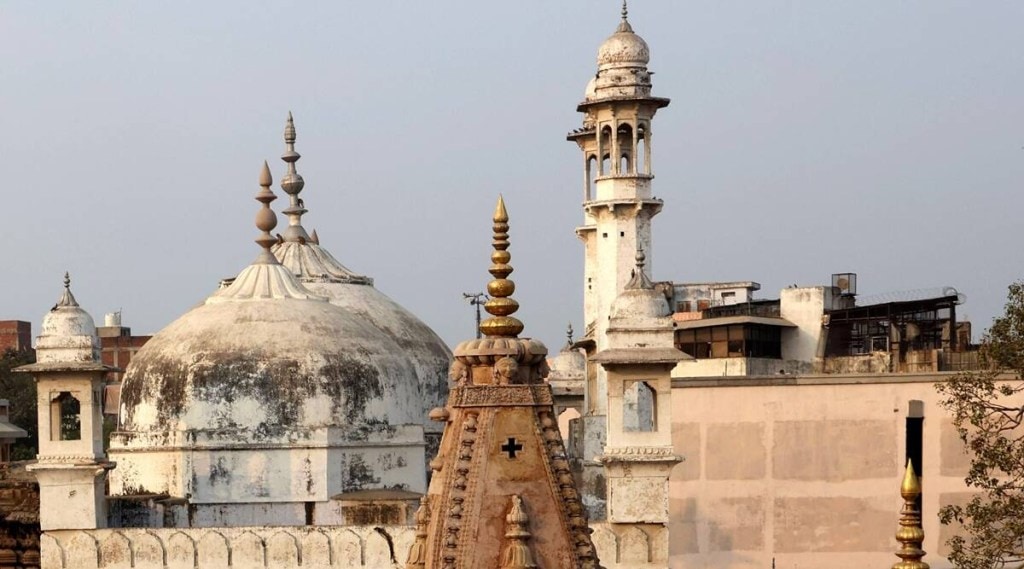A petition challenging the constitutional validity of certain provisions of the Places of Worship (Special Provisions) Act 1991 was filed before the Supreme Court on Wednesday. The petitioner claimed that the Act “barefacedly violates the principles of secularism and rule of law”.
While challenging Sections 2, 3, and 4 of the Places of Worship (Special Provisions) Act 1991, petitioner Swami Jeetendranand Saraswati argued that the said provisions goes against the principles of secularism and violates several fundamental rights such as Articles 14, 15, 21, 25, 26, 29 of the Constitution.
The Places of Worship Act has taken centre stage as several cases regarding the ‘mandir vs masjid’ row, notably in Varanasi and Mathura, are being fought in several courts across the country.
Section 4(1) of the Act is aimed at protecting the religious identity and character of places of worship as it existed at the time of India’s Independence on August 15, 1947. Ram Mandir site in Ayodhya was one of the notable exceptions in the law that was passed by the Parliament back in 1991. Section 3 of the Act states that any religious place or a part of it cannot be converted to a different religion or even, a separate denomination within the same religion.
Section 4(2) of the Act clearly states that no appeals, suits or any legal proceedings shall be entertained from the time the Act came into effect. Fresh cases could only be filed if the religious character of any place of worship was changed after August 15, 1947 deadline. The Act also directed the State to maintain the religious nature of all sites of worship as it existed on August 15, 1947. The Act also imposed a penalty that includes jail term of up to 3 years along with a fine.
The petitioner said that the said sections have taken away the right of the Hindus, Buddhists, Jains and Sikhs to approach the judiciary.

